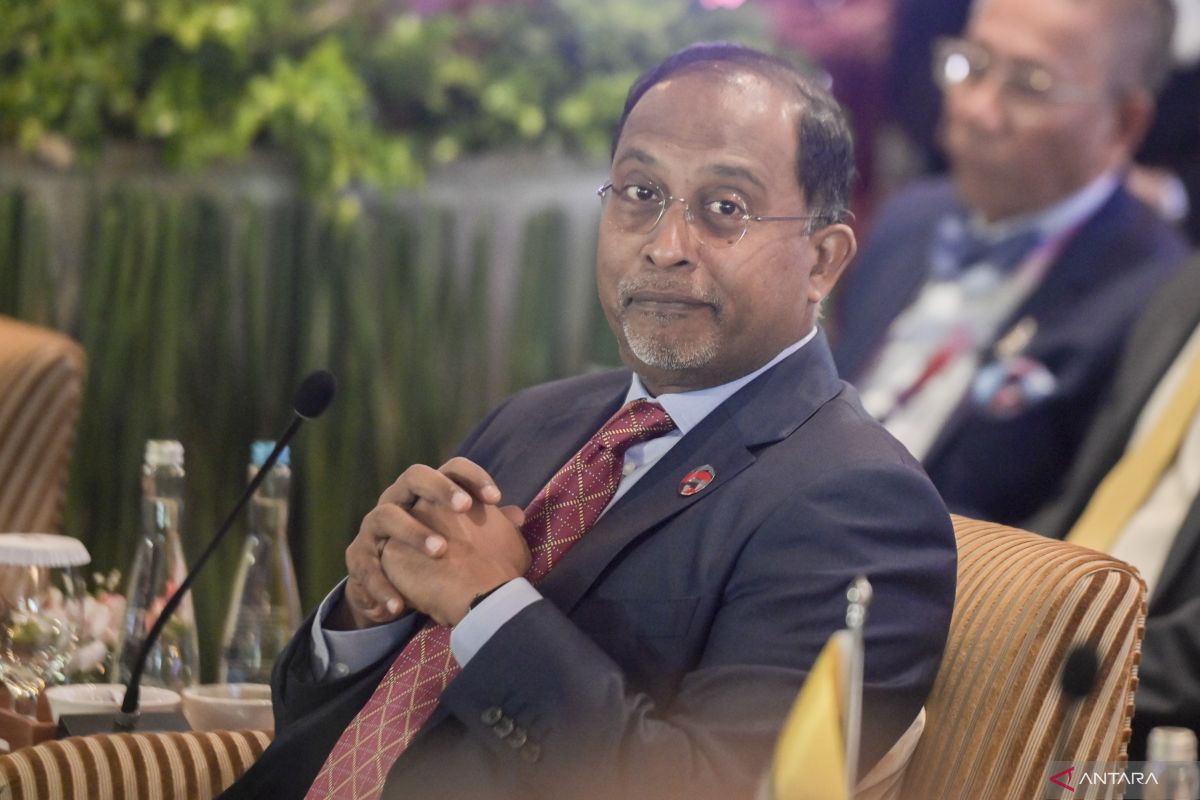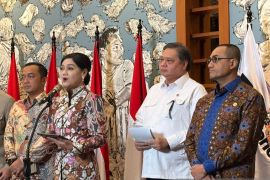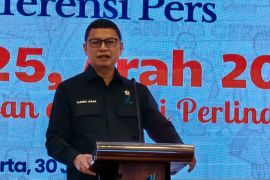China, along with France, the United Kingdom, and the United States, is one of the nuclear-weapon states that ASEAN is focusing on for signing the Protocol to the SEANWFZ Treaty. The SEANWFZ Treaty, signed in 1995 by all ASEAN countries, stipulates that its signatories cannot "develop, manufacture or otherwise acquire, possess, or have control over nuclear weapons," "station or transport nuclear weapons by any means," or "test or use nuclear weapons."
However, 28 years after its signing by the 10 ASEAN member countries, no nuclear-weapon states have expressed their desire to join in implementing the treaty protocol. China has expressed its readiness to participate in the implementation of the protocol, although there has been no follow-up.
Meanwhile, the other nuclear-weapon countries have expressed reservations about certain parts of the SEANWFZ Treaty. Indonesian Foreign Affairs Minister Retno Marsudi stated that ASEAN will review the content of the protocol again so that nuclear-weapon states can also sign and ratify the Protocol to the SEANWFZ Treaty.
Baca juga: Pemkot Mataram dapatkan bantuan konstruksi panggung bekas KTT ASEAN 2023
Baca juga: RI tegaskan berperan ASEAN sebagai kontributor perdamaian dan stabilitas
"We will continue communication with each other and assign our negotiators to review the content of the protocol because there are some sentences and paragraphs that we cannot agree upon," Marsudi stated.
Pewarta : Asri Mayang Sari
Editor:
I Komang Suparta
COPYRIGHT © ANTARA 2026









